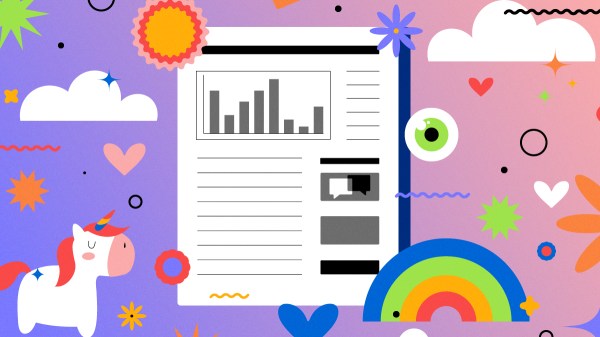
Lindsay Morrow, a senior associate brand manager at Kit Kat, was thrilled to announce the candy brand had added another flavor to its product line: vanilla.
Likewise, Aaron McMillan, managing director of hospitality programs at United Airlines, was thrilled to share flights had begun offering an assortment of canned wine to economy passengers.
All American A/C, a Florida-based provider of heating, ventilation, and air conditioning services, was also thrilled to reveal its big news: the business had a new website.
Companies are thrilled, and they’re letting the public know it at an increasing rate. A scan of distribution hub PR Newswire’s database shows the word “thrilled” appeared 7,704 times in U.S. press releases published in 2017. Last year, it popped up 19,730 times to describe how business leaders felt about their latest achievements, whether it was unveiling a new warranty or hiring a new HR manager.
Corporate excitement, however, isn’t limited to one word. Between 2017 and 2023, mentions of “passion” in U.S. press releases has climbed 54%. “Industry-leading” is up 98%. “Pioneering,” 151%.
PR Newswire declined to disclose how many U.S. press releases it distributed each year since 2017 but confirmed any change in volume has been unrelated to the rise of hyperbolic language found in its database.
“The increase is due to word usage, not the number of press releases issued,” a spokesperson wrote in an email.
Is this a problem?
Everyone exaggerates. Sometimes it’s fun. Sometimes it’s annoying. Sometimes it’s outright deceiving.
The risk of too much corporate cheer is that it turns off the very people it’s trying to win over: journalists. They don’t trust it. And if they don’t trust it, chances are they aren’t going to cover it.
“It’s a negative trend that weakens credibility,” said Anthony D’Angelo, chair of the public relations department at Syracuse University’s S.I. Newhouse School of Public Communications.

